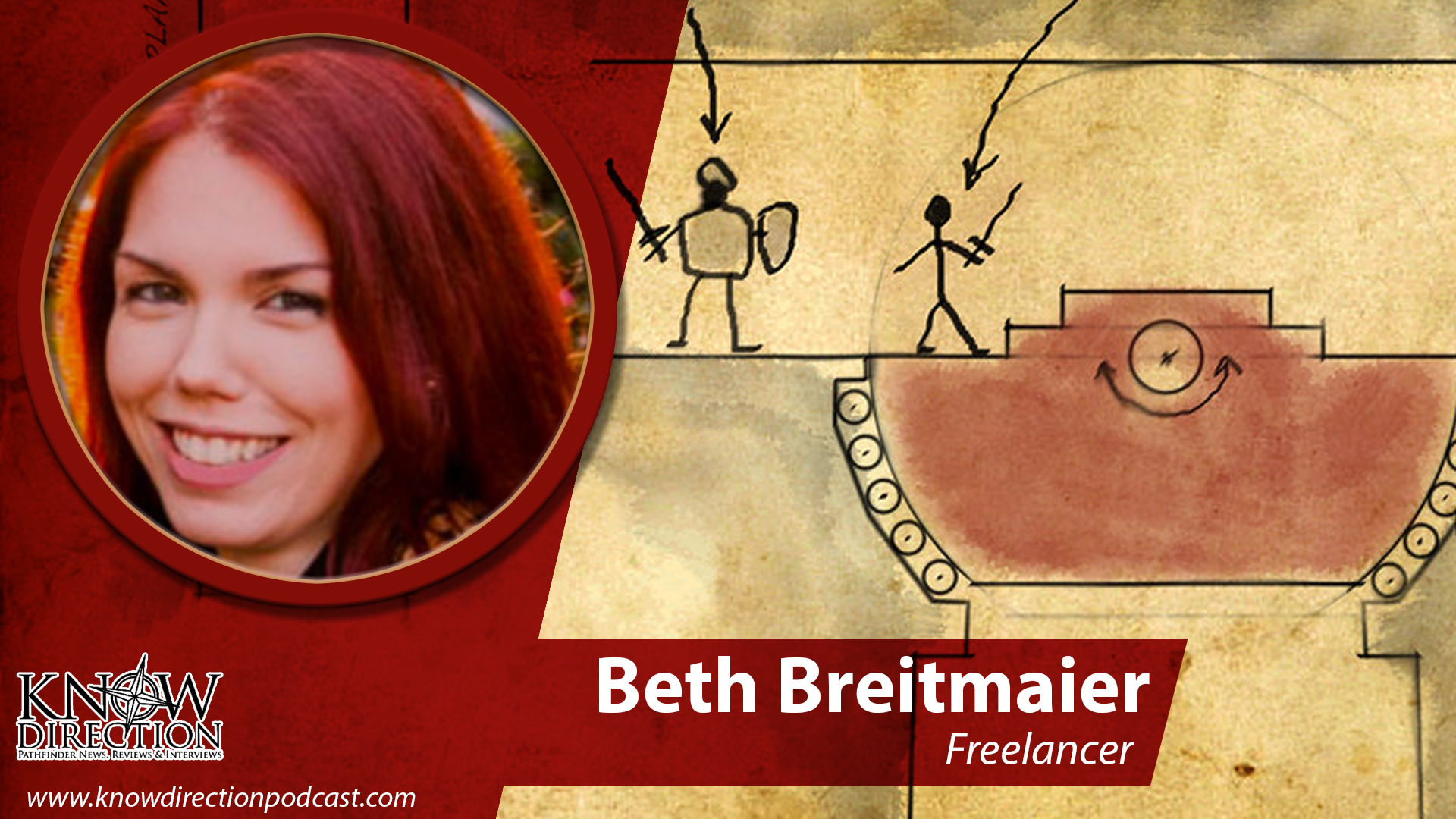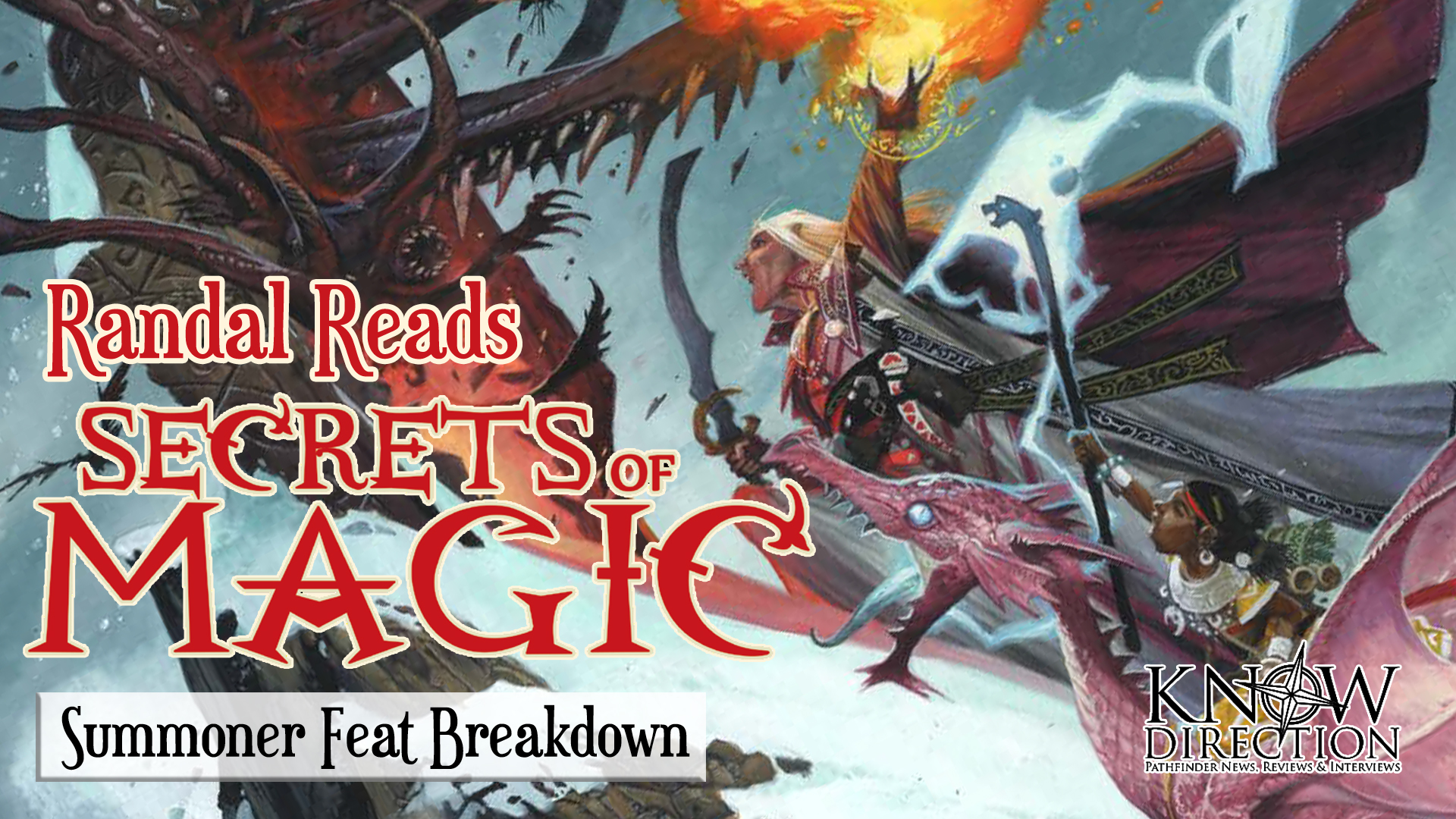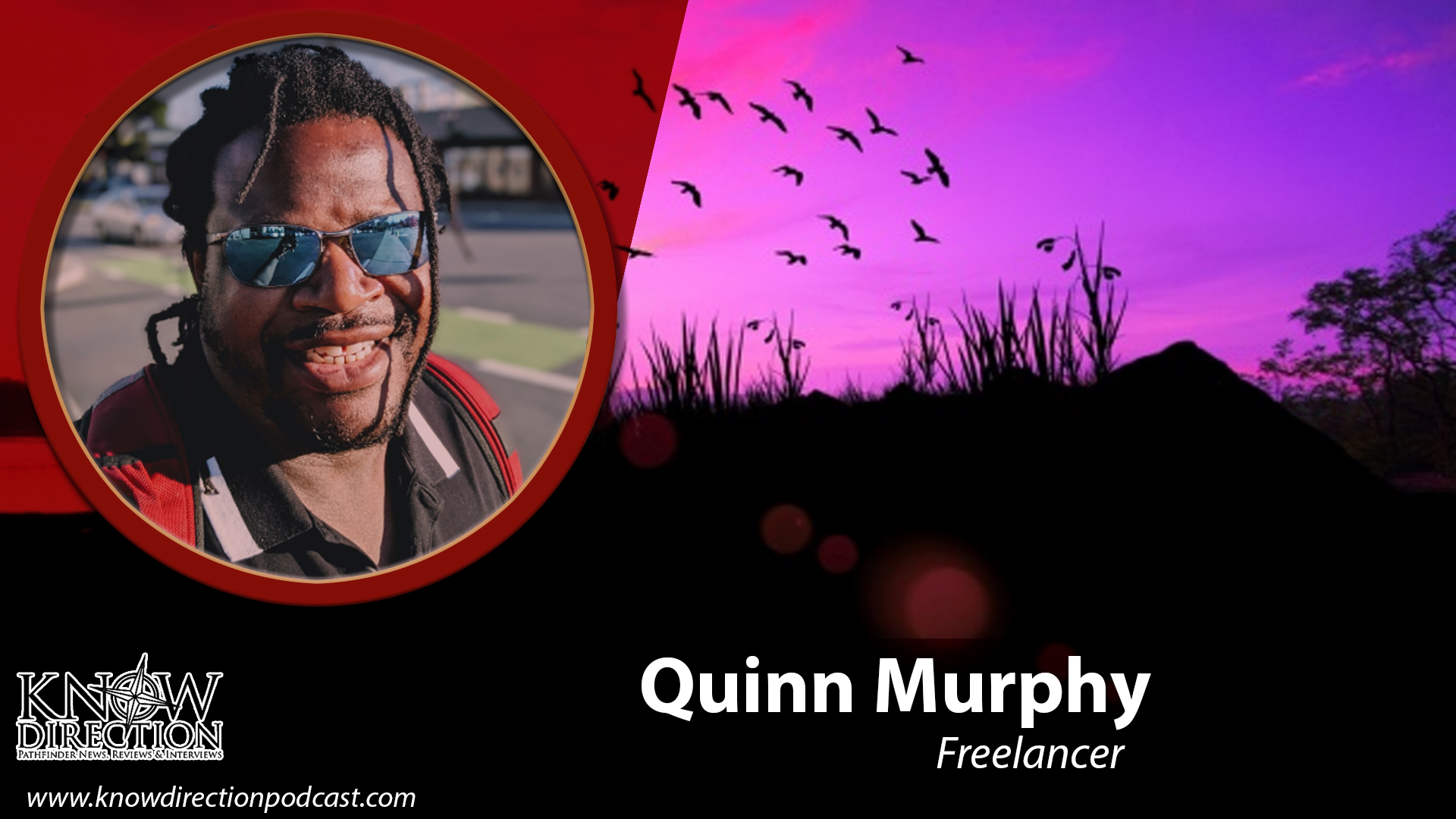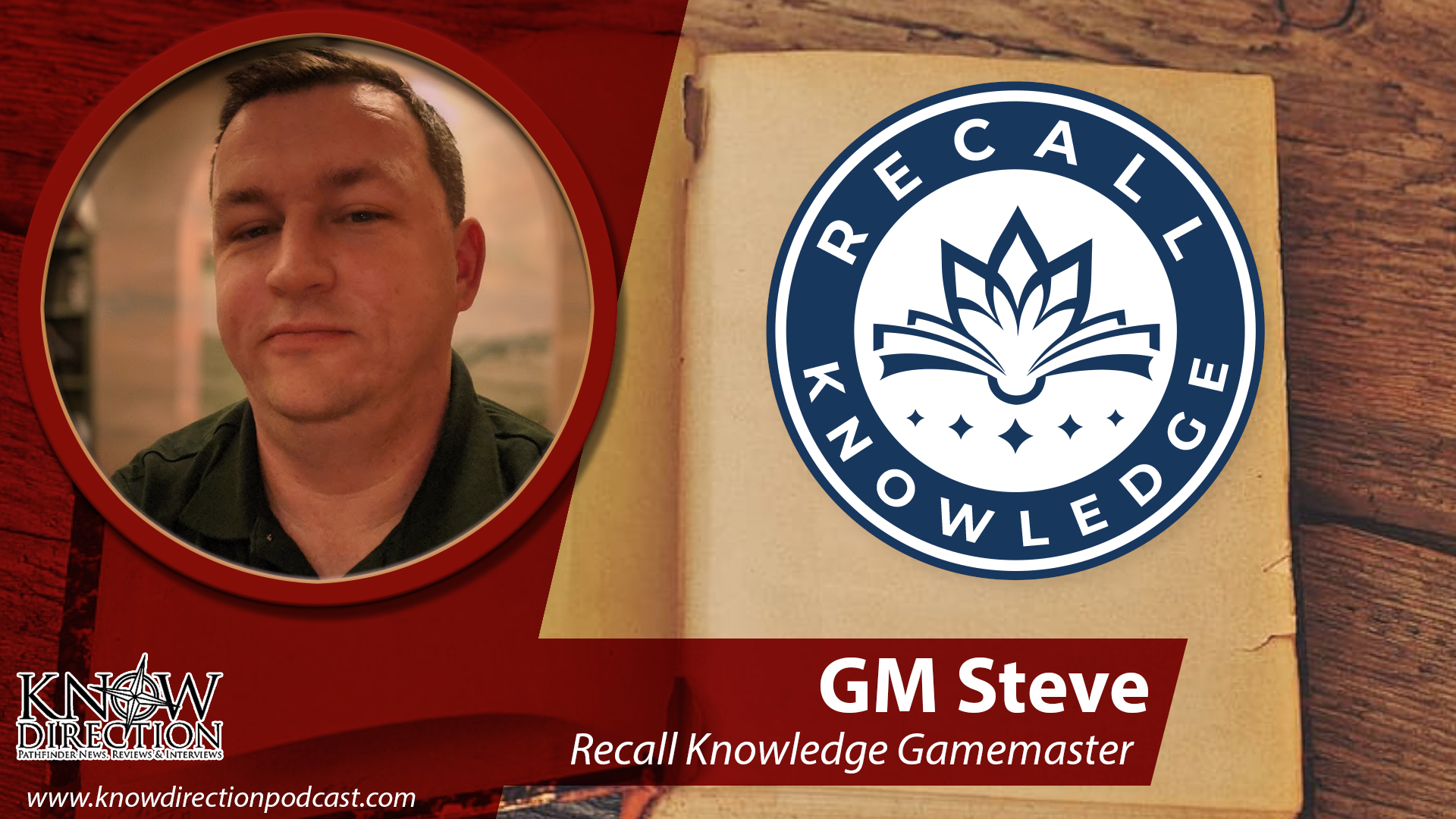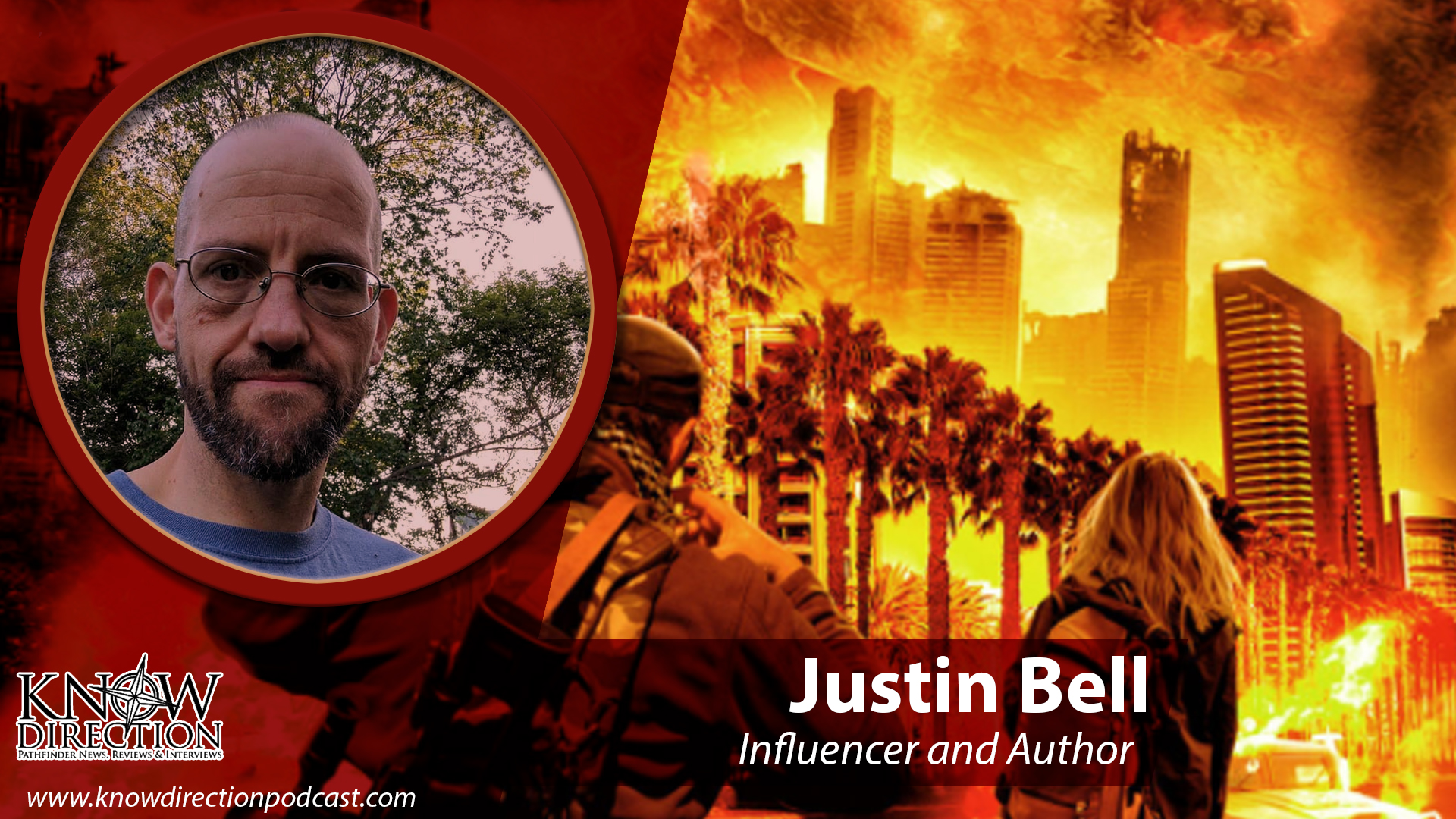Mistakes to Avoid as a Beginning Freelancer
When I told my spouse/occasional writing partner that I was dedicating this blog to freelancing advice, he suggested, gently, that we might not be qualified.
At first blush, I reluctantly agreed. Though we have a few submissions pending for popular 3pps, we haven’t landed the industry “titans” yet. (Actually, we sort of did—and more on that later.)
But the more I thought about it, the more I was compelled to relay my five-year journey of modest success. At the very least, my story is a more “achievable” model for part-timers than aiming to write an adventure path for Paizo as a first project. At best, my cautionary guidance will help you get there faster than I will.
Like any diligent beginning freelance writer, I was a sponge for guidance in the early years and hungry to put in the work. The advice I got from pros at panel after panel at con after con was networking, perseverance, don’t quit your day job, etc. It’s all stuff that you’ve heard before, and all of it is excellent guidance that’s served me well. If you think you can skimp out on these basics, you need to reevaluate whether freelancing is for you.
But the truth is I’ve learned just as much from the experts as I have from my many failures. Introspection on my weaknesses—and a clear-eyed glimpse into the Dark Side of 3pps—have helped me grow as much as the credits to my name.
If your 20 submissions have gotten you nowhere, or if you’re a starry-eyed newbie like I was, here are the big mistakes you should avoid and the hard questions you should be asking yourself.
Are you breaking the mold too soon?
My first submission was a teen-rated vampire encounter for a reputable and highly respected anthology publication. A labyrinth of intrigues, this mini-adventure had everything from murder, horror, and mayhem to tightly-crafted stat blocks for three NPCs.
I was particularly proud of my wordsmithing on a part of the encounter that intimated a “morning-after” scene between the vampire and another NPC. Sure, there was nothing explicitly explicit about it. It was just a dash spicier than the other encounters that had been published. I was sure that because (in my inflated opinion), it was so well-written that my audacity would pay off.
Needless to say, when I got that rejection email, I was devastated. Even years after I had been published several times in said publication, this one miss became my Moby Dick.
It wasn’t until a month ago that I stumbled on a blog—posted years before I submitted sexy vampire encounter—about how much the editor could not stand anything implying sex whatsoever.
Oops.
The takeaways from this epic burn were not only that I needed to research my publishers better and meet the implicit brief.
I also learned that, in the beginning, you won’t wow with creativity alone, especially if you’re missing the mark. As was the case with my piece, a few simple tweaks can make all the difference. And, if you’re not willing to compromise your vision, you can always try your luck with a freshly launched 3pp that’s still figuring out its flavor.
If you want to break the mold, try it when you’re already comfortable with a publisher. Myopically submitting without considering the publisher will never get your most creative ideas out into the world.
Are You Accepting Your Niche?
I’m now ashamed to say it, but that overly ambitious encounter wasn’t the last one I tried to submit—and yes, to the same publication. After these few tries, and me threatening to quit, my partner suggested we start smaller with something like monsters.
Initially, I dismissed the idea. Anyone can throw together a stat block with a paragraph or two of fluff, so I thought.
It wasn’t long before I realized how hard making a good monster actually is. It’s taken years to refine the creation process, from ensuring abilities aren’t overpowered to ensuring the fluff complements the crunch (you’d be surprised how often it doesn’t!) With more than a few screaming matches about whether a monster should be a CR 9 or a CR 13 under our belt, my partner and I finally got into a monster writing groove. This had led to conversion work and other opportunities that let us crank out credits without sacrificing our day jobs.
If there’s something you’re good at, do it in the beginning—even if you don’t love it. It’s because of the monsters, which I once thought were too easy, that I am now contracted to write a mini campaign setting. Scaffolding your experience with your skills opens the door to writing what you truly love.
Do You (Still) Have Stars in Your Eyes?
About that time I (sort of) wrote for that big name publisher…
Without dishing all the incriminating deets, my partner and I had our work stolen. As in we wrote it, it was lightly edited with entire paragraphs still intact, then published in a compilation sans name credit. To add insult to injury, another monster—so unique that the odds of parallel thinking were one in a million—was simultaneously “lifted” from a contest submission and included in the same compilation.
When we saw our monster featured in this lovely book, replete with gorgeous art, we were incensed and stunned. There are so many wonderful, upstanding people in the RPG industry. We assumed that because the publisher’s reputation preceded them that they were above reproach.
What rocked us even more was that, when alluding to the theft with a subsequent publisher, they identified the perpetrator before we could even drop the name.
This isn’t about ratting out the 3pp. The damage is long done, and, frankly, we’re fish far too small for them to fry.
I’m actually grateful because this nightmare taught me that a little due diligence—even on the biggest names—goes a long way.
It’s also a reminder to go after the smaller publications for all that scaffolding experience you need. When we deify the industry names we’ve already heard, we often do it at the expense of the newer pubs who are just as, and sometimes way more, honorable.
Aiming high is wonderful, but when you’re starting out, it’s smarter to aim well.
In Conclusion
It’s taken us exactly six years to get where we’ve gotten, from five rejections in a row to balancing five concurrent projects and, very soon, starting our own 3pp. If we had more time away from our day jobs, we might be even farther along.
And that’s exactly the beauty of it. Freelancing means you make what you want out of RPG writing. It’s why everyone wants to do it. And, I think, almost everyone can—especially if you’re a little wiser than I was.

